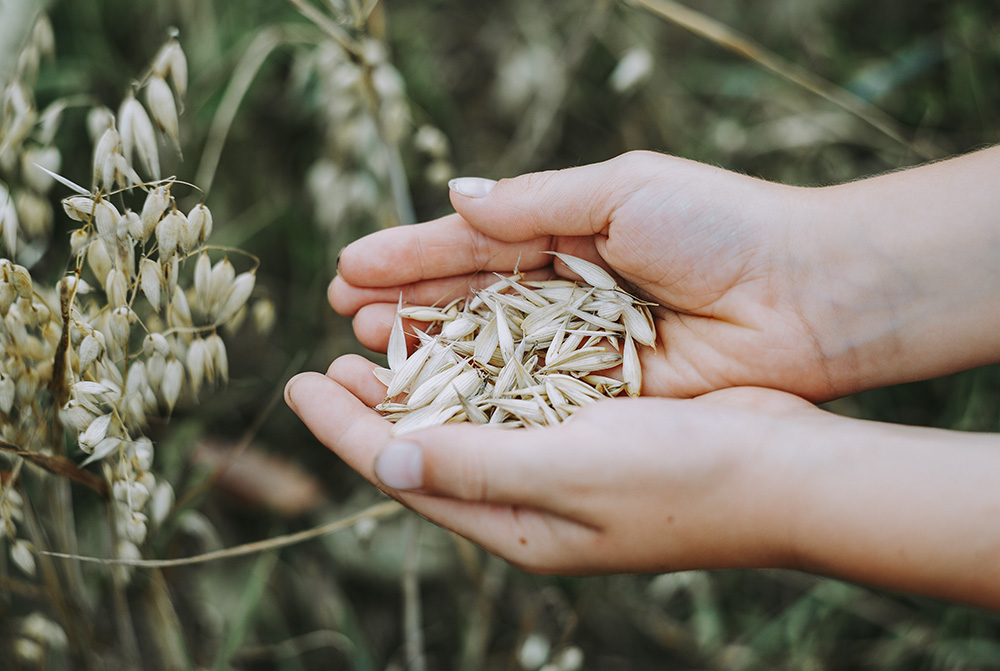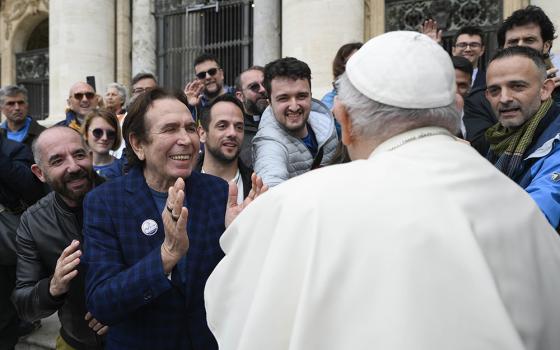
(Pixabay/Markus Spiske)
I am off to volunteer at Catholic Charities. It's 9 a.m. and the streets are almost empty. I arrive to see that there are fewer than 35 people waiting for the food pantry to open. It is Immokalee! It is the middle of the harvest season in this immigrant Florida town of 30,000, mostly Mexicans, Haitians and Guatemalans. Where is everybody?
Then I remember. It is mid-February, and America's elected president has started his promised deportation roundup. People are afraid! They are staying home, their children are not going to school, many workers are not going to the fields or packing houses. Even the churches have noticed decreased numbers coming to services. People are afraid!
I am waiting for some direction from the local diocese, from Catholic Charities, even from some local legal organizations, especially since it has been made clear that immigration officials, assisted by the local sheriff and police, can now come onto properties once considered protected and sacred. Is no place safe? People are afraid and looking to the churches for guidance.
It is encouraging to know that Catholic sisters cannot and will not wait. I shared my frustration with another sister in my Humility of Mary Community who works with Hispanic immigrants in Ohio. She and other leaders in her church have already begun to have meetings with their congregation to advise them of their rights and how they need to prepare if Immigration and Customs Enforcement comes to the area.
Why can't this be done in Immokalee?
So, I meet with the parish Haitian priest and a Haitian friend who is also a paralegal. We make plans to offer a program after the Haitian Mass over the next few weeks to advise about how to prepare and knowing your rights. As we share this important information with the Haitian community, I reflect on the "seed" parables of Jesus.
The parable of the sower
My friend Jean and I are the sowers spreading information to help alleviate some of the fear in the Haitian community. We cannot measure the effectiveness of our information.
Some receive it and act on it — get power of attorney for their children born in the United States who may be separated if the parents are detained or deported, get passports for their American-born children, have bank accounts where money can be safely transferred to banks in Haiti, determine what to do with any assets they may have.
Advertisement
Others may listen and receive our information, go home and talk about it, but do not believe this is a serious situation that needs preparation. Many others did not even come to hear the message. We can only be the seed.
The parable of the mustard seed
Jean and I are just two people trying to offer hope and decrease fear. We wish it could be a groundswell movement for immigrants all over America. However, our message is like a mustard seed. We have planted important information in the minds and hearts of more than 100 Haitians so they can feel they have some control and their fear can be minimized.
They go home and share the message with family, friends, neighbors. Many of those who attended also took pictures of the poster boards with the information written in Creole. They will send this information to family and friends all over the USA. And the mustard tree grows.
The parable of the weeds and wheat
When people ask how I am reacting to this immigration crisis, I reflect on the weeds and wheat. It is tragic how people are being hurt, families are being separated, and so many are being treated as less than human.
"An enemy did this," says the householder in Jesus' parable.
"Do you want us to go and pull up the weeds?" his servants ask.
Jesus relates the response: "Let both the wheat and the weeds grow together until the harvest" — God's time. God is still in charge.
The Haitians have taught me to hope and trust. Someone once told me that God does not protect us from evil, but God sustains us through it and will never abandon us. That is my seed!







